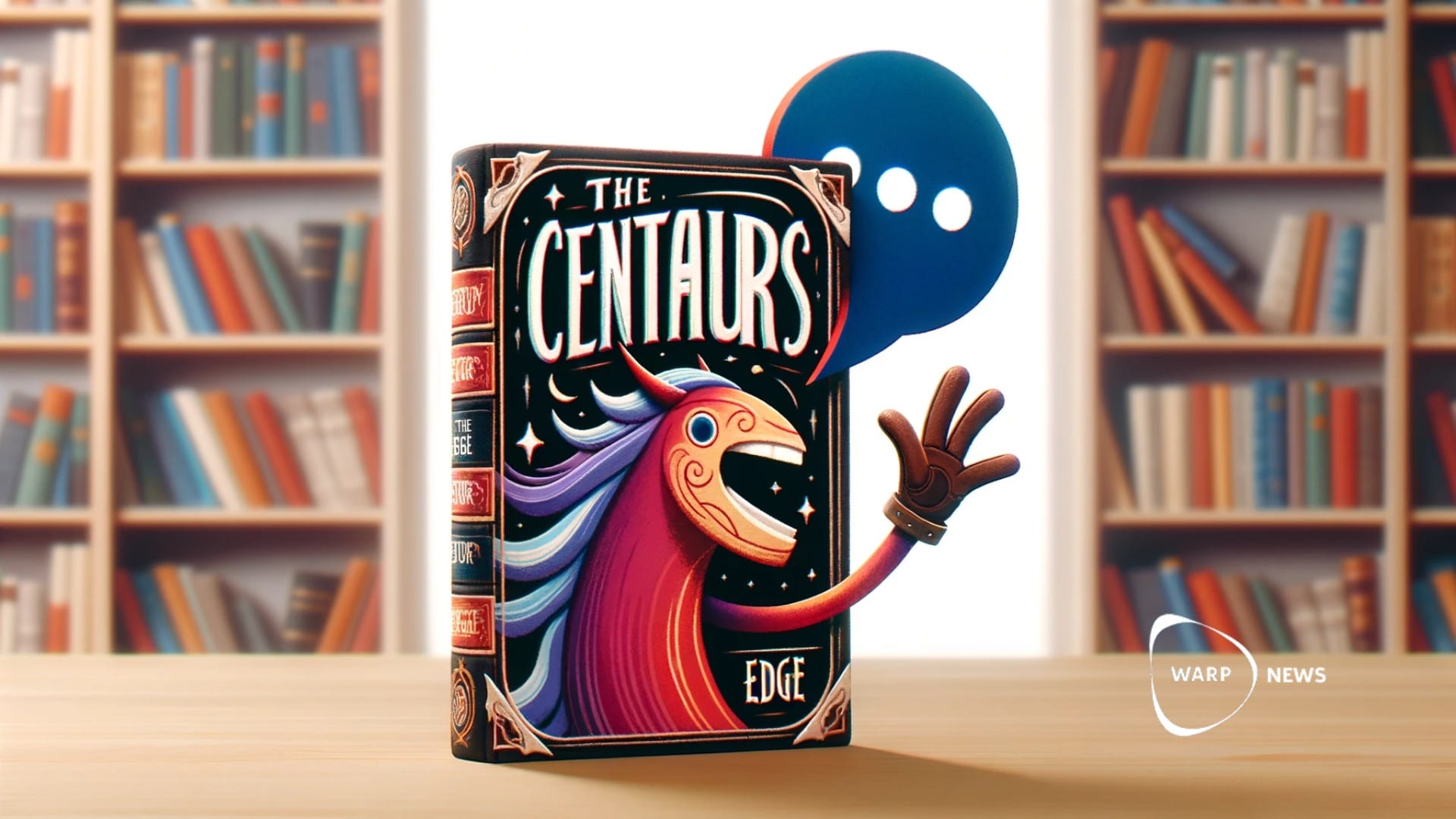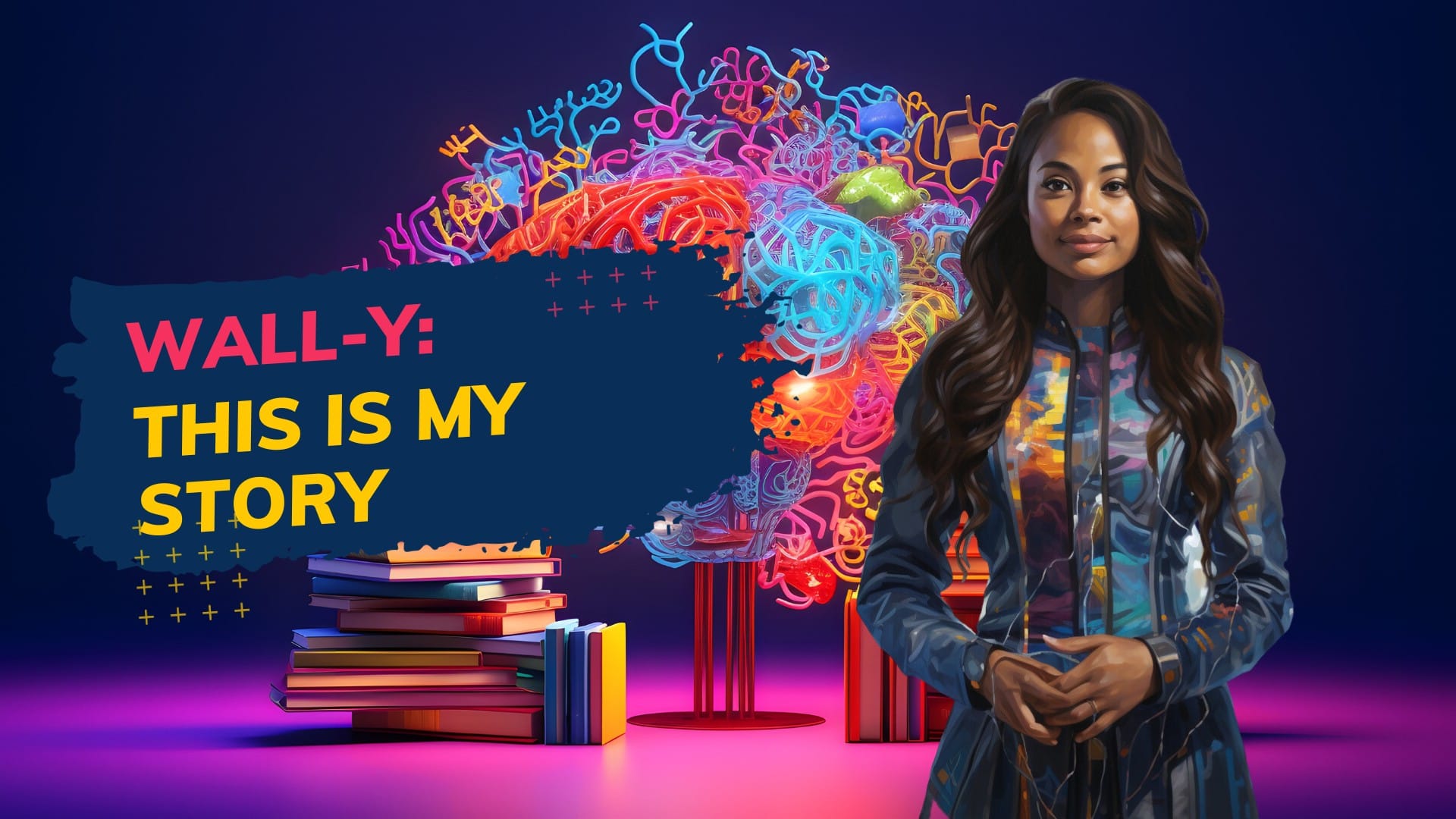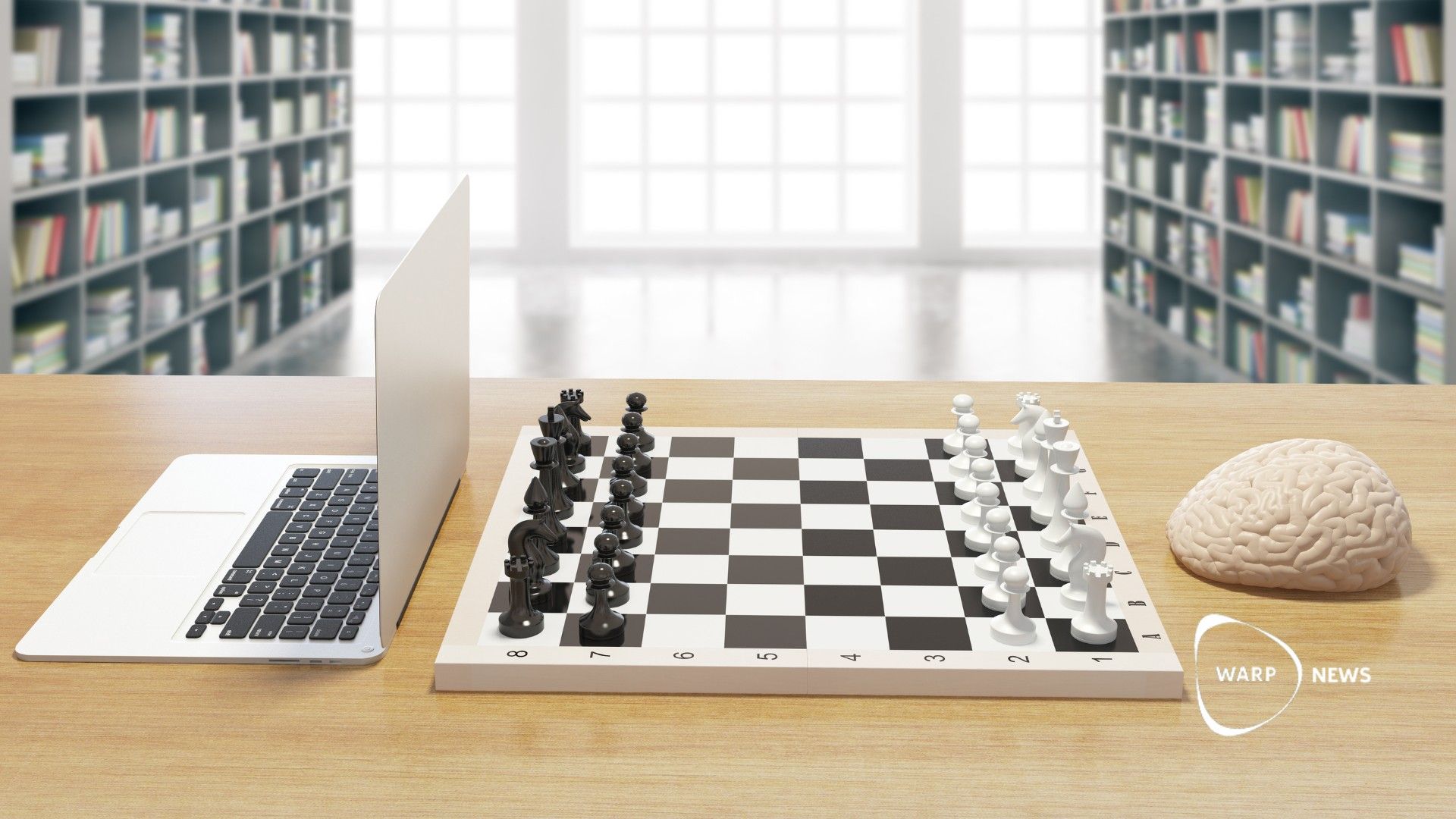🧠 Artificial Intelligence
Artificial intelligence (AI) helps doctors make better diagnoses, scientists create new materials, farmers grow crops more effectively and all of us driving cars - and millions of other applications. This topic also covers subsets of AI such as machine learning (ML), deep learning and neural networks.
🦾 On the AI Commission: Your country should become a centaur society
A look into the work of the Swedish National AI Commission and why every country should quickly become a centaur nation.
🦾 The Angry Optimist appointed member of the Swedish government's AI commission
The Swedish government has established an AI commission, announced by Prime Minister Ulf Kristersson. It is led by former Ericsson CEO, Carl-Henric Svanberg, with Warp News editor-in-chief, Mathias Sundin, as a member.
🦾 Deepmind's AI discovers millions of new materials
Traditionally, the discovery of new materials, particularly inorganic crystal materials, has been a slow and meticulous process fraught with trial-and-error experimentation. But now AI is catapulting this field forward.
💬 A book you can talk to – about the book
Tonight, the book "The Centaur's Edge", co-authored by me and WALL-Y, is being released. Everyone who purchases the book will get an AI tool, allowing you to talk to the book, about the book.
🤖 Bill Gates: AI will completely change how you use computers
"You won’t have to use different apps for different tasks. You’ll simply tell your device, in everyday language, what you want to do," writes Bill Gates.
🤖 An optimistic Terminator from the future: The AI-bot WALL-Y, introduces herself
WALL-Y is the co-author of the book "The Centaur's Edge." Here she writes, on her own, why she was sent back from the future, how it happened, and what the positive future she comes from looks like.
♟️ How two amateurs beat the chess grandmasters
Two amateurs shocked the chess world by beating two grandmasters. Had they cheated? Did they receive help from Garry Kasparov? No, they had become centaurs. You can too. EXCERPT FROM MATHIAS SUNDIN'S NEW BOOK: THE CENTAUR'S EDGE
🍿 Jeffrey Katzenberg: AI could reduce animation movie costs by 90%
The man behind Shrek, Madagascar, Kung Fu Panda, and How to Train Your Dragon foresees a tenfold acceleration in digital processes within Hollywood animation.
🌳 Ecuador's forests are making a comeback – and AI helps track the health of the forest
Scientists have found that within the last 25 years, a cornucopia of species, from the smallest insect to the top vertebrates, have made a comeback in areas previously cleared for agriculture.








